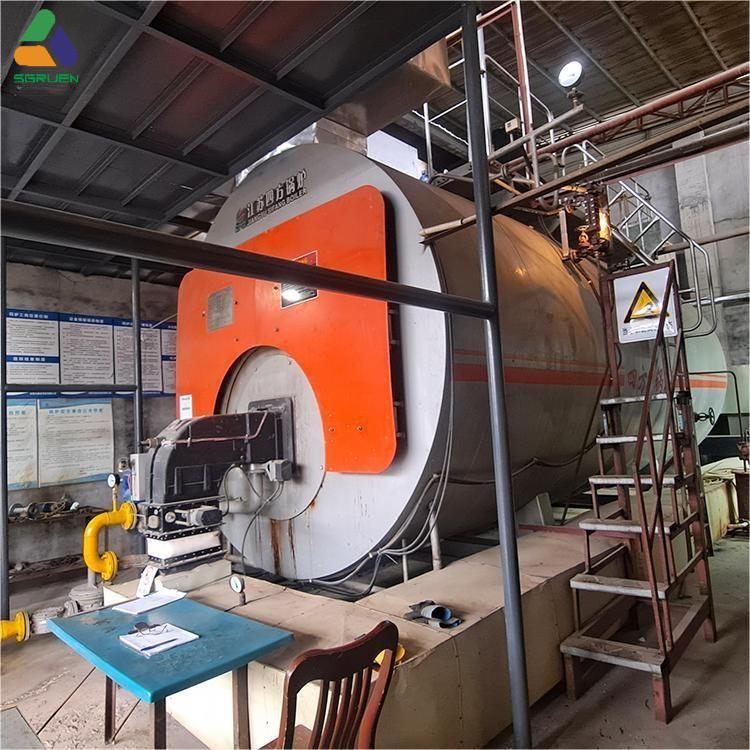With the rapid development of social economy, the enhancement of human awareness of environmental protection, the demand for clean energy continues to rise, the fuel of biomass boilers is renewable energy, will produce lower pollution, in order to reduce the emission of nitrogen oxides in the combustion process, low nitrogen transformation of biomass boilers has become an important issue in the industry.
The fuel of the biomass boiler is generally agricultural and forestry waste such as straw, wood chips, biomass energy is renewable and low carbon content, and the carbon dioxide released in the combustion process will be absorbed by the plants to achieve carbon cycle balance. The coal resources of coal-fired boilers are not only limited, but also produce a lot of carbides and greenhouse gases in the combustion process, causing serious pollution to the environment.
After the low-nitrogen modification, the biomass boiler uses high-efficiency combustion technology and optimized furnace design to ensure that the fuel can be fully burned, thereby reducing unburned carbon particles and carbon monoxide emissions. Efficient combustion can not only improve energy conversion efficiency, but also reduce the production of smoke and harmful gases. Optimizing furnace design can improve combustion efficiency and heat transfer, helping to reduce the generation of nitrogen oxides. The combustion efficiency of traditional coal-fired boilers is usually relatively low, and the harmful gas produced by incomplete combustion is more, and the smoke will be produced.
Biomass boilers will produce nitrogen oxides (NOx) in the combustion process is much lower than coal-fired boilers, low nitrogen transformation can further reduce nitrogen oxide emissions through combustion, optimization, classification, flue gas recycling and other ways to ensure that biomass boilers can meet the increasingly strict environmental protection emission standards. Compared with traditional coal-fired boilers, biomass boilers have obvious advantages in energy sources, thermal energy utilization efficiency, environmental performance, automation control, operating costs and social impact.
Although at present, the initial investment of biomass boilers will be higher than that of coal-fired boilers, but after long-term consideration, environmental benefits and operating costs, the utilization cost of biomass boilers is gradually reduced, and it has better economy.
There are fundamental differences between biomass and traditional coal-fired boilers in fuel type, environmental protection, thermal efficiency and pollutant emission, and low nitrogen transformation of biomass boilers helps to reduce greenhouse gas emissions, and also conforms to the trend of sustainable development. With the technological development of green energy and the implementation of environmental protection regulations, biomass boilers are expected to become the mainstream choice for industrial and civil boilers in the near future.
Post time: Mar-25-2024

